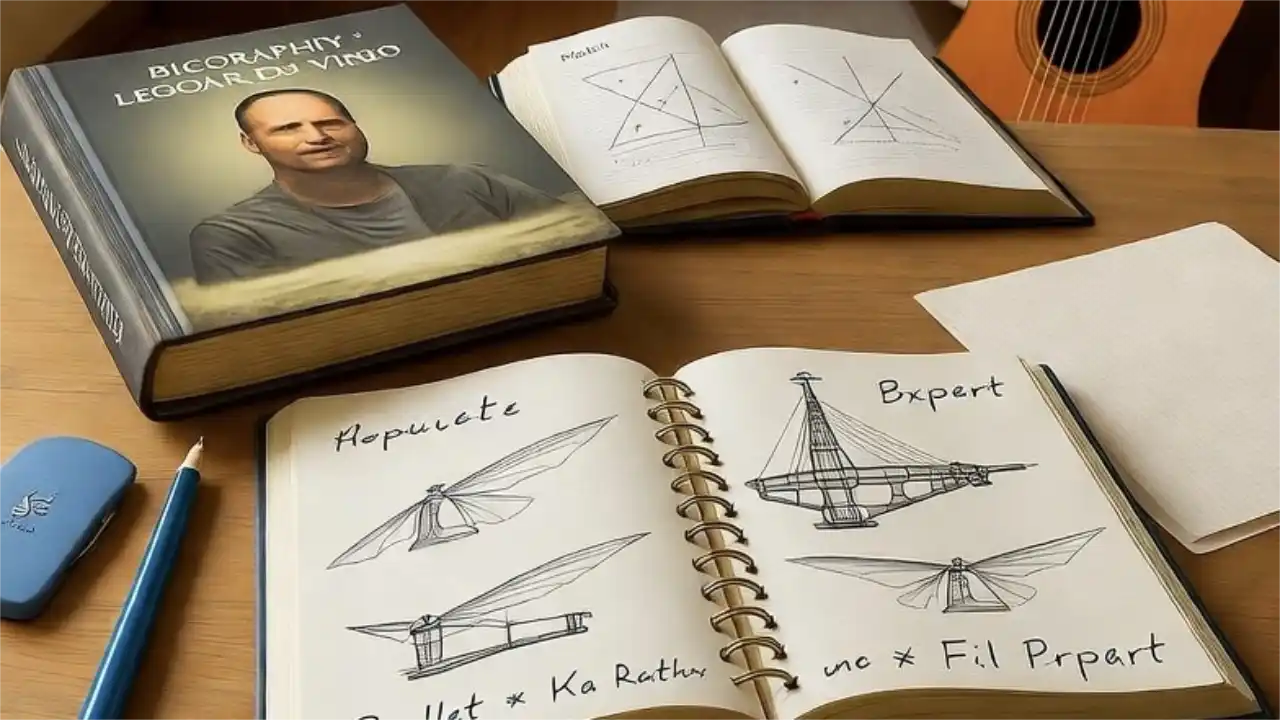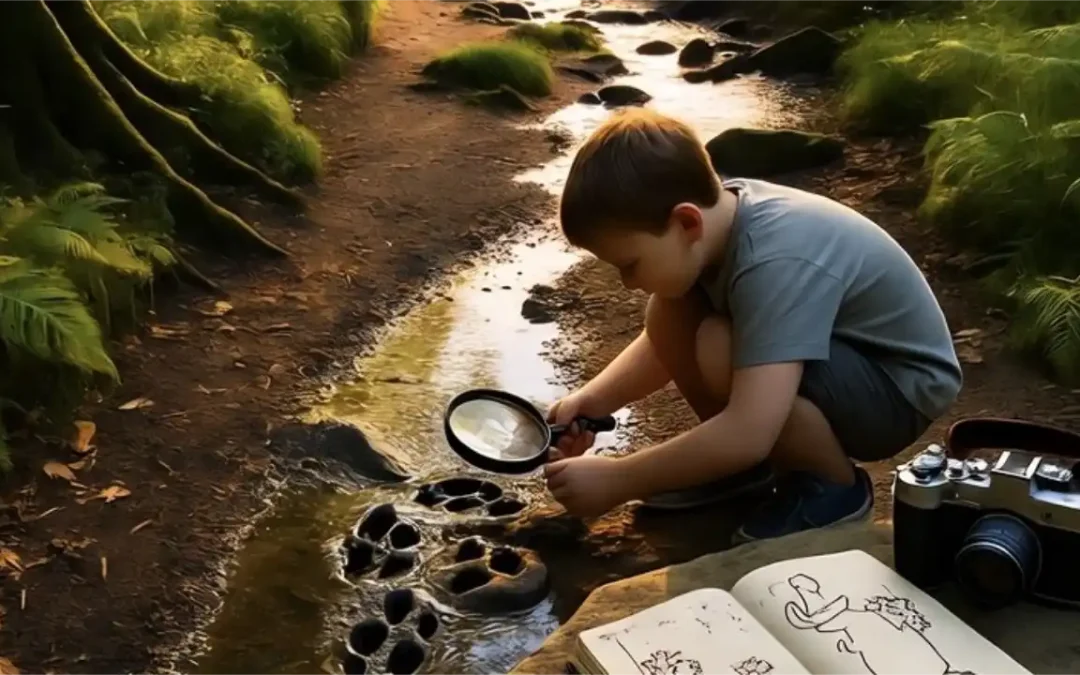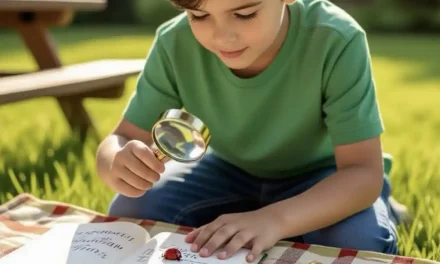
Encouraging Curiosity and Exploration: Pursue Breadth Before Depth
M
odern education often encourages children to specialize early—to find their “thing” and stick to it. But this rush to narrow focus has a cost. When kids dive deep before they’ve explored widely, their learning risks becoming brittle and disconnected. History’s most imaginative thinkers—for example, Leonardo da Vinci, Benjamin Franklin, and Galileo—were not defined by one skill but by their fluency across disciplines. They were universal minds, alive to patterns that only breadth could reveal. We should raise children not to slot into silos, but to roam across the full landscape of human knowledge.
When my son once claimed writing was pointless because he liked science, I didn’t argue—I handed him a biography of Leonardo. The flying machines, the mirror-script, the anatomical drawings all caught his attention—but so did the fact that Leonardo also wrote riddles and poems. Soon, my son was sketching inventions and stories in the same notebook. His curiosity didn’t deepen by narrowing—it expanded by branching out. Seeing how art, engineering, and language could speak to each other lit a fire no single subject ever had.
Let your child become cross-pollinated. Stock your home with books from all disciplines. Encourage connections between music and math, between philosophy and physics. Don’t rush to define who they are by what they’re best at. A broad base makes future depth richer—and more resilient to change. In a world where even experts are made obsolete by disruption, the universal mind adapts. It synthesizes, imagines, and creates what the specialist alone cannot. The Renaissance ideal of a Renaissance Man is not a relic—it’s a necessity.
Encouraging Curiosity and Exploration

Encouraging Curiosity and Exploration: Ignite Curiosity with Star-Gazing Challenges
Stargazing inspires awe and big thinking. Use nighttime sky-watching to spark curiosity about science, space, and our place in the universe.

Encouraging Curiosity and Exploration: Explore Nature with Outdoor Discoveries
Outdoor exploration nurtures curiosity and calm. Help children observe nature, build awareness, and feel connected to the living world.

Encouraging Curiosity and Exploration: Spark Big Questions About the World
Encourage children to ask big, thoughtful questions. Curiosity leads to deeper understanding, emotional growth, and wonder.
Table of contents

Primordial Soup for the Mind: Navigation
Navigate the book Primordial Soup for the Mind.
TIPS
- Let wide exploration come before narrow focus
- Talk about real people who mastered many fields
- Celebrate curiosity across disciplines—not just achievement in one
ACTIVITIES
- Time Travel Dinner: Ask, “Which historical figure would you invite to dinner?”—then explore what fields they touched
- Multitalent Map: Help your child draw connections between subjects they like (e.g., music + math, art + science)
- Renaissance Role Models: Read short bios of people like Leonardo, Franklin, or Jefferson and ask what united their interests
EXAMPLE
My son dismissed writing as pointless—until a book on da Vinci showed him how inventing, sketching, and storytelling could live side by side.

Download “Primordial Soup for the Mind: A Parent’s Guide to Nurturing Intellectual Growth”
Enter your information to get this article and hundreds more as part of the FREE book Primordial Soup for the Mind.
Share your thoughts with the Thought Academy community in the Comments section below.

Sharpen those skills!
Enter your information to get our FREE practice exercises so you can hone your critical thinking and reasoning skills!







0 Comments